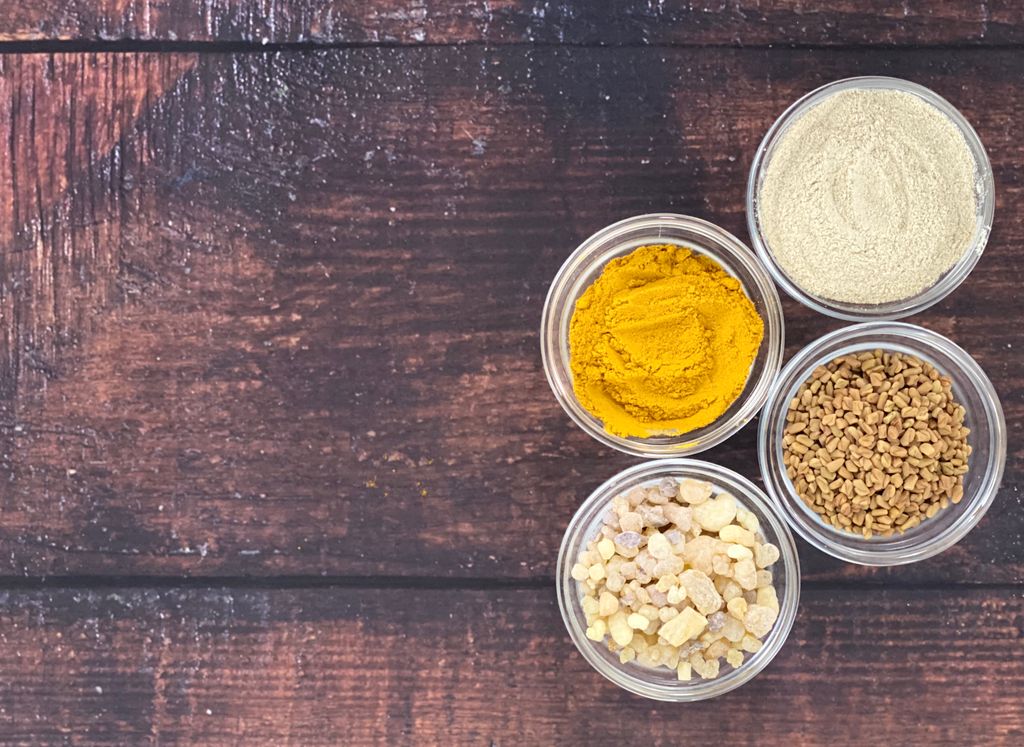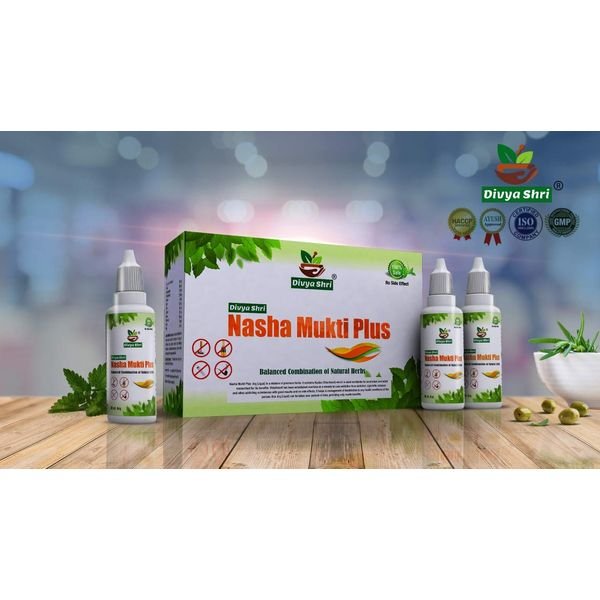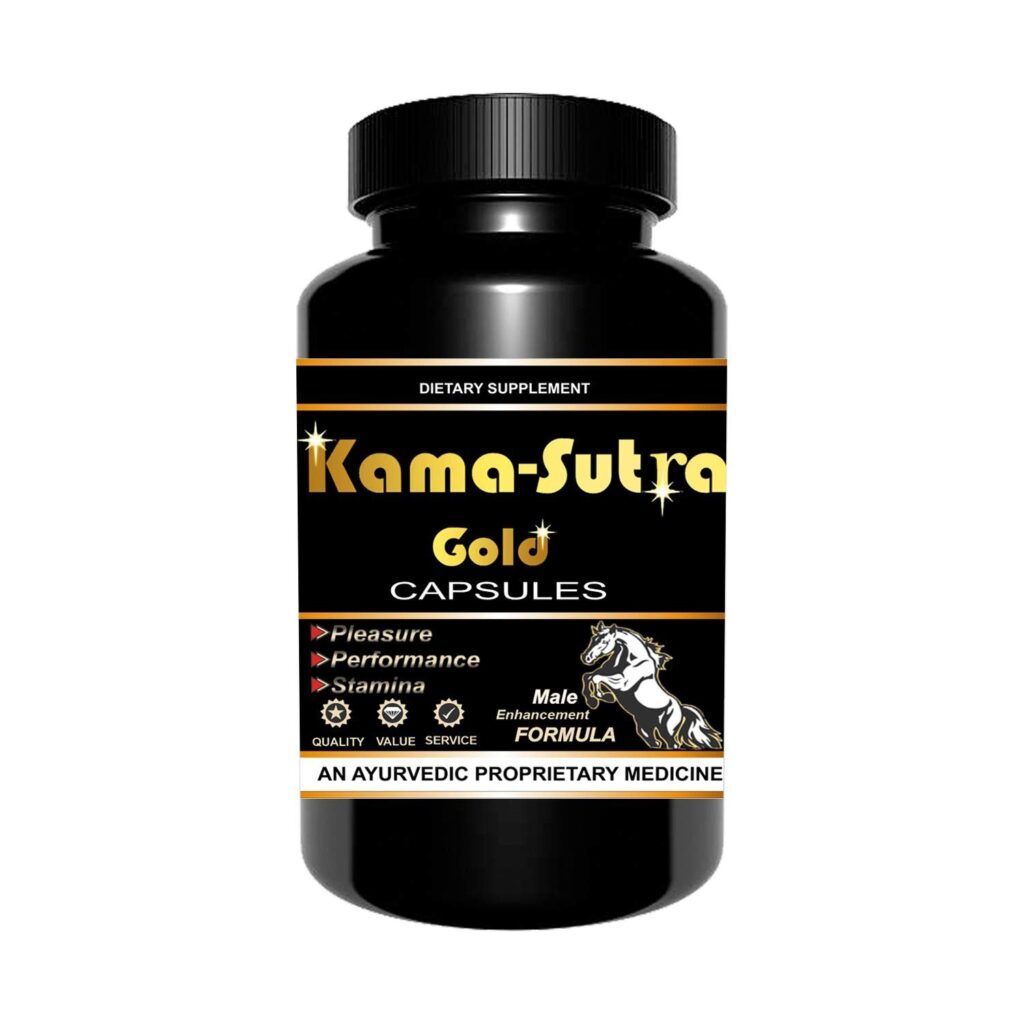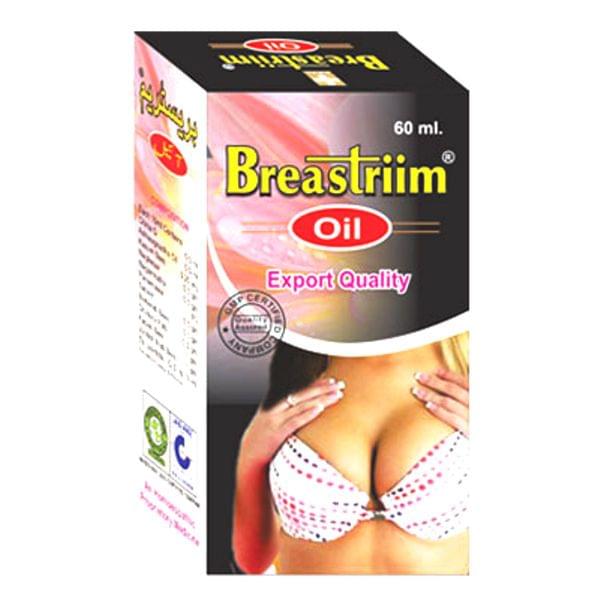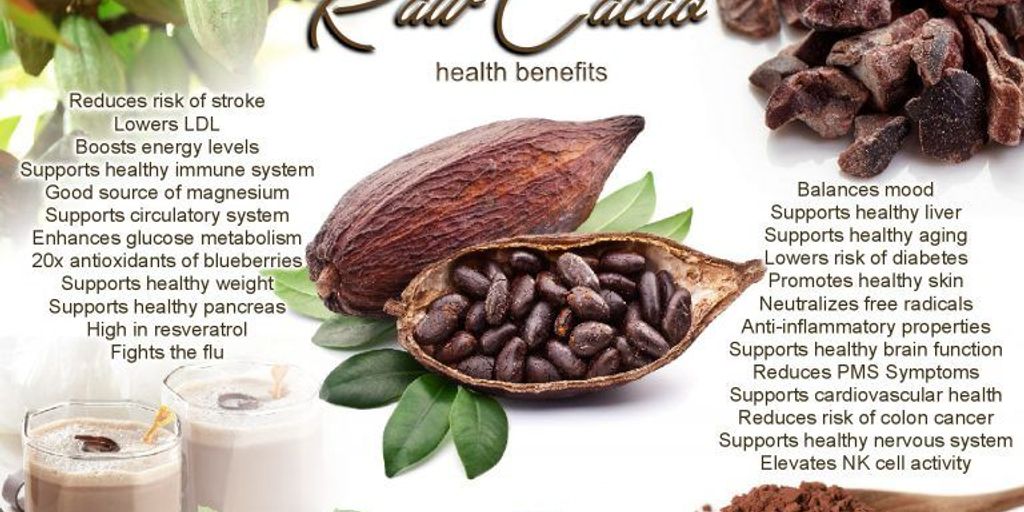Ayurvedic medicine offers a holistic approach to managing cholesterol, focusing on natural remedies and lifestyle modifications. In this article, we will explore the principles of Ayurvedic medicine for cholesterol management and discuss its potential benefits and considerations.
Key Takeaways
- Ayurvedic medicine emphasizes personalized treatment based on an individual’s unique constitution and imbalances.
- Herbal supplements such as guggul and turmeric may help lower cholesterol levels when used in combination with a healthy diet and lifestyle changes.
- Dietary recommendations in Ayurveda prioritize whole foods, including fruits, vegetables, whole grains, and healthy fats, to support heart health and cholesterol management.
- Lifestyle modifications, including stress management techniques, regular exercise, and adequate sleep, play a crucial role in Ayurvedic approaches to cholesterol management.
- Consulting a qualified Ayurvedic practitioner is essential for personalized treatment and to ensure safe and effective management of cholesterol using Ayurvedic medicine.
Understanding Ayurvedic Medicine for Cholesterol
What is Ayurvedic Medicine?
Ayurvedic medicine is a traditional Indian healing system that focuses on holistic health and wellness. It emphasizes the balance of bodily systems through a combination of herbal remedies, dietary recommendations, and lifestyle modifications. The principles of Ayurveda are rooted in the belief that each person has a unique constitution, or dosha, which influences their physical and mental well-being.
| Dosha Type | Characteristics |
|---|---|
| Vata | Creative, Energetic, Changeable |
| Pitta | Ambitious, Passionate, Determined |
| Kapha | Patient, Nurturing, Supportive |
- Emphasizes individualized treatment
- Considers personalized lifestyle factors
Ayurvedic medicine takes a personalized approach to managing cholesterol by addressing the individual’s unique constitution, dietary habits, and lifestyle choices.
Ayurvedic Approach to Managing Cholesterol
In the Ayurvedic approach to managing cholesterol, the focus is on balancing the body’s natural energies, or doshas, to promote overall health. This involves a combination of herbal supplements, dietary recommendations, and lifestyle modifications. The emphasis is on holistic wellness, addressing the root cause of imbalances rather than just treating symptoms. For example, the use of
| Dosha | Dietary Recommendation |
|---|---|
| Vata | Warm, nourishing foods |
| Pitta | Cooling, soothing foods |
| Kapha | Light, dry foods |
Furthermore, the Ayurvedic approach encourages mindfulness and stress reduction, as these factors play a significant role in cholesterol management. It’s important to consult a qualified practitioner to ensure a personalized and effective treatment plan.
Benefits of Ayurvedic Medicine for Cholesterol
Ayurvedic medicine offers several benefits for managing cholesterol levels. Natural remedies such as herbal supplements, dietary recommendations, and lifestyle modifications can help improve overall heart health. Additionally, Ayurvedic medicine focuses on individualized treatment, taking into account a person’s unique constitution and imbalances. It is important to consult a qualified practitioner to receive personalized guidance and ensure safety.
Ayurvedic medicine emphasizes the importance of holistic wellness and aims to address the root cause of health issues. By integrating these principles, individuals can experience comprehensive support for managing cholesterol and promoting overall well-being.
| Benefits of Ayurvedic Medicine |
|---|
| Individualized treatment |
| Natural remedies |
| Holistic wellness |
Ayurvedic Remedies for Managing Cholesterol
Herbal Supplements
Herbal Supplements
Herbal supplements play a significant role in Ayurvedic medicine for managing cholesterol. These natural remedies are derived from plant sources and are known for their holistic approach to health. A variety of herbs, such as Arjuna, Guggul, and Triphala, are commonly used to support cholesterol management. Here’s a table listing some commonly used herbal supplements:
| Herb | Benefits |
|---|---|
| Arjuna | Supports heart health |
| Guggul | Helps maintain healthy cholesterol levels |
| Triphala | Aids in digestion and detoxification |
Additionally, incorporating these herbal supplements into a balanced diet and lifestyle can further enhance their effectiveness. It’s important to consult a qualified Ayurvedic practitioner before starting any herbal supplement regimen.
Dietary Recommendations
*When it comes to managing cholesterol through Ayurvedic remedies, dietary recommendations play a crucial role. Incorporating heart-healthy foods such as fruits, vegetables, and whole grains can help lower cholesterol levels. Additionally, reducing the intake of saturated and trans fats is essential. Below is an example of a sample dietary plan for managing cholesterol:
| Meal | Foods |
|---|---|
| Breakfast | Oatmeal with fresh berries and nuts |
| Lunch | Grilled fish with steamed vegetables |
| Dinner | Quinoa salad with mixed greens and olive oil |
- By following these dietary recommendations, individuals can make positive changes to their cholesterol levels and overall health. It is important to consult a qualified practitioner before making significant dietary changes or starting any new supplements or remedies.*
Lifestyle Modifications
After making necessary lifestyle modifications, it’s important to be mindful of your dietary choices. Incorporating herbal supplements and following a balanced diet rich in whole grains, fruits, and vegetables can greatly benefit cholesterol management. Additionally, regular physical activity and stress-reducing practices, such as yoga and meditation, can contribute to overall well-being and heart health. It’s crucial to consult a qualified practitioner before making any significant changes to your lifestyle.
Making these positive changes can lead to significant improvements in cholesterol levels and overall health. However, it’s essential to ensure that these modifications align with your individual health needs and any existing medical treatments.
| Lifestyle Modifications | Benefits |
|---|---|
| Balanced Diet | Lower cholesterol levels |
| Physical Activity | Improved heart health |
| Stress Reduction | Overall well-being |
Potential Risks and Considerations
Interactions with Conventional Medications
When considering Ayurvedic medicine for cholesterol management, it’s important to be aware of potential interactions with conventional medications. Some Ayurvedic remedies may affect the efficacy of prescription drugs, leading to adverse effects or reduced effectiveness. It’s crucial to consult with a qualified practitioner and inform them of all medications being taken, to ensure safety and minimize the risk of harmful interactions. Below is a table outlining common interactions between Ayurvedic remedies and conventional medications:
| Conventional Medication | Ayurvedic Remedy | Potential Interaction |
|---|---|---|
| Statins | Guggul | Reduced effectiveness |
| Blood Thinners | Turmeric | Increased bleeding risk |
For a comprehensive understanding of potential interactions, it’s essential to seek guidance from a healthcare professional.
Quality and Safety Concerns
In Ayurvedic medicine, quality and safety are of utmost importance. It is essential to ensure that the herbs and supplements used are of high quality and free from contaminants. Regular testing and quality assurance should be conducted to maintain safety standards. Additionally, it is important to be aware of potential interactions with conventional medications. It is advisable to consult a qualified practitioner to address any safety concerns. Below is a table outlining some common quality and safety considerations in Ayurvedic medicine:
| Consideration | Description |
|---|---|
| Quality of Herbs | Source and processing |
| Contaminant Testing | Pesticides, heavy metals |
| Storage and Handling | Preservation methods |
Consulting a Qualified Practitioner
*When considering Ayurvedic medicine for cholesterol management, it is important to consult a qualified practitioner to ensure safe and effective treatment. A qualified practitioner can provide personalized guidance and address any concerns regarding potential interactions with conventional medications. It is also advisable to create a list of questions to discuss during the consultation. Additionally, it is crucial to prioritize quality and safety when seeking Ayurvedic remedies, and a qualified practitioner can offer valuable insights and recommendations in this regard.
| Questions to Discuss with a Qualified Practitioner |
|---|
| Potential interactions with conventional medications |
| Quality and safety of Ayurvedic remedies |
| Personalized treatment plan and dietary recommendations |
It is essential to seek guidance from a qualified practitioner to ensure a holistic and safe approach to managing cholesterol through Ayurvedic medicine.
Conclusion
Key Takeaways
Key Takeaways
After exploring the benefits and remedies of Ayurvedic medicine for cholesterol, it is important to consider the potential risks and consult a qualified practitioner for personalized advice.
The future of Ayurvedic medicine for cholesterol management holds promise, but it is essential to prioritize quality, safety, and informed decision-making.
It is crucial to approach Ayurvedic medicine for cholesterol with caution and awareness of potential interactions with conventional medications.
| Considerations | Recommendations |
|---|---|
| Interactions with Conventional Medications | Consult a qualified practitioner |
| Quality and Safety Concerns | Prioritize informed decision-making |
| Consulting a Qualified Practitioner | Personalized advice is essential |
Future of Ayurvedic Medicine for Cholesterol
Ayurvedic medicine continues to show promise in the management of cholesterol levels. As research and interest in natural remedies grow, the future of Ayurvedic medicine for cholesterol looks bright. However, it is important to consider the quality and safety of these remedies, and consult a qualified practitioner for personalized guidance. Here’s a table summarizing the key takeaways:
Final Thoughts
Final Thoughts
In conclusion, Ayurvedic medicine offers a holistic approach to managing cholesterol, focusing on herbal supplements, dietary recommendations, and lifestyle modifications. It is important to consider the potential risks and interactions with conventional medications, as well as consulting a qualified practitioner for personalized guidance. The future of Ayurvedic medicine for cholesterol management holds promise, but it is essential to prioritize quality and safety.
Ayurvedic medicine can be a valuable complement to conventional treatments, but it is essential to seek professional advice and ensure the quality and safety of the products used.
| Key Takeaways |
|---|
| Holistic approach to managing cholesterol |
| Emphasis on herbal supplements, dietary recommendations, and lifestyle modifications |
| Potential risks and interactions with conventional medications |
| Importance of consulting a qualified practitioner |
| Future potential of Ayurvedic medicine for cholesterol management |
| Importance of prioritizing quality and safety |
Frequently Asked Questions
Is Ayurvedic medicine safe for managing cholesterol?
Ayurvedic medicine can be safe and effective for managing cholesterol when used under the guidance of a qualified practitioner. However, it’s important to consult with a healthcare professional before starting any new treatment regimen.
Are there any potential interactions between Ayurvedic remedies and conventional cholesterol medications?
Yes, some Ayurvedic remedies may interact with conventional cholesterol medications. It’s essential to inform your healthcare provider about all the remedies and medications you are using to avoid any adverse effects.
Can Ayurvedic dietary recommendations help lower cholesterol levels?
Ayurvedic dietary recommendations, which often include whole foods, herbs, and spices, can play a beneficial role in managing cholesterol levels. However, individual responses to dietary changes may vary, and it’s recommended to consult with a healthcare provider for personalized guidance.
What lifestyle modifications are recommended in Ayurvedic medicine for managing cholesterol?
Ayurvedic medicine emphasizes lifestyle modifications such as regular exercise, stress management techniques, and mindful eating practices to support healthy cholesterol levels. These modifications are often tailored to an individual’s unique constitution and health needs.
How can I ensure the quality and safety of Ayurvedic supplements for managing cholesterol?
To ensure the quality and safety of Ayurvedic supplements, it’s important to purchase them from reputable sources and verify that they have been tested for purity and potency. Consulting with a qualified Ayurvedic practitioner can also provide guidance on selecting high-quality supplements.
Is it necessary to consult a qualified practitioner before using Ayurvedic medicine for cholesterol management?
Yes, consulting a qualified practitioner is essential before using Ayurvedic medicine for cholesterol management. A practitioner can assess your individual health needs, provide personalized recommendations, and monitor your progress to ensure safe and effective treatment.


